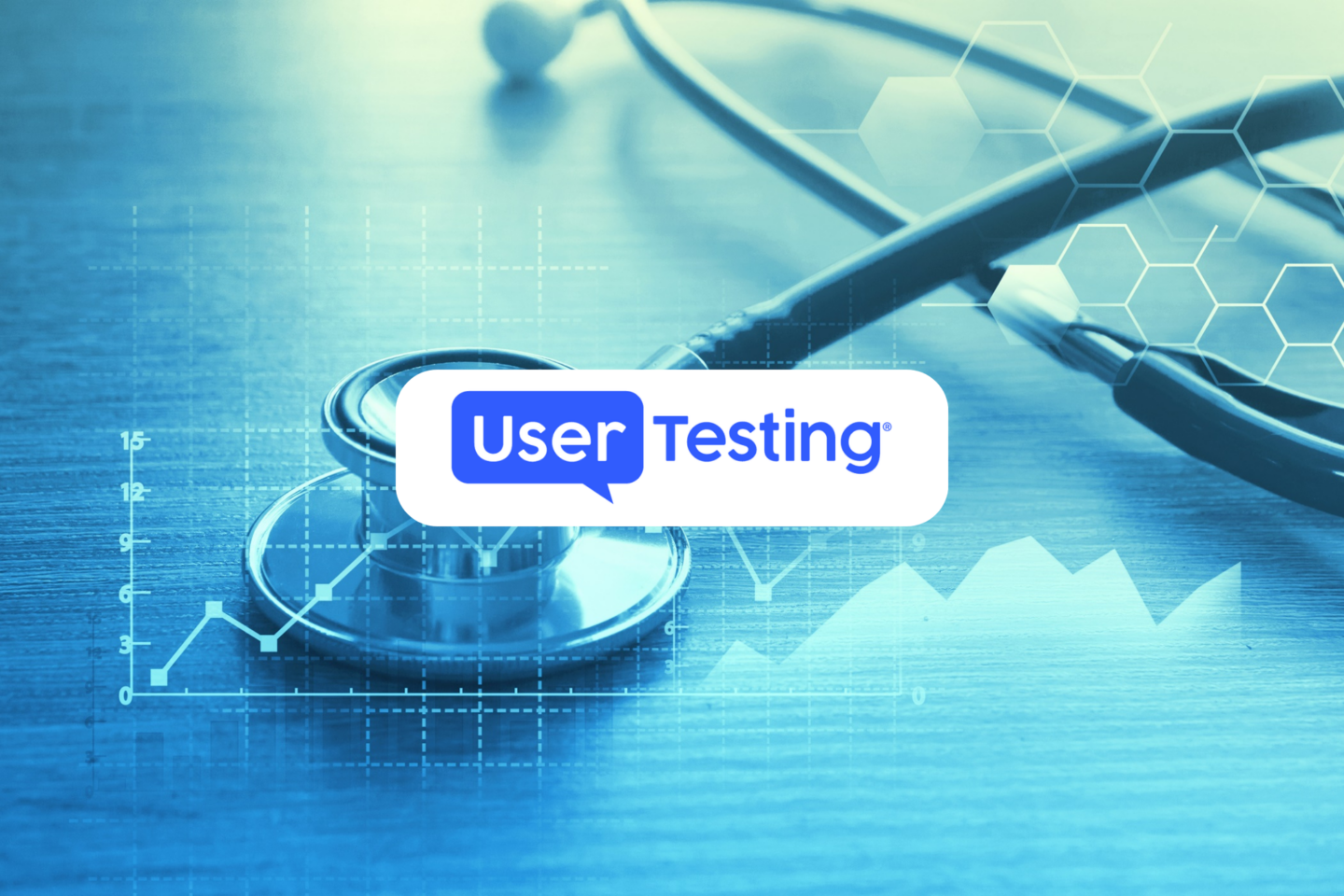Americans are increasingly turning to Artificial Intelligence (AI) for healthcare insights, diagnoses, and treatment recommendations. A recent study of 2,000 American adults conducted by UserTesting revealed that 52% of respondents had sought assistance from large language models (LLMs) like ChatGPT to evaluate their symptoms.
Even more notably, 81% of those who used AI for diagnosis found the results accurate. This growing trend underscores the increasing trust in AI as a valuable resource in the healthcare sector.
Unlike their English and Australian counterparts, Americans seem to place significant trust in AI for healthcare-related tasks. While nearly half of English individuals and a third of Australians distrust AI for health-related functions, only 6% of Americans share these reservations. This high level of trust is a testament to the growing influence of AI in healthcare decision-making.
Seeking alternatives amidst healthcare challenges
The shift towards AI-driven healthcare solutions can be attributed to several factors. First and foremost, healthcare access remains a pressing issue in the United States. With approximately 26 million Americans lacking health insurance coverage and those who are insured facing high co-pays and difficulties securing timely appointments, alternatives have become increasingly attractive.
Furthermore, rural and urban areas in the United States often lack accessible healthcare options, irrespective of insurance status. This challenging healthcare landscape has led many Americans to explore alternative medical advice and support avenues.
AI’s role in healthcare
The prevalence of healthcare deserts and limited access to medical services in America highlights the growing importance of AI in the healthcare journey. Lija Hogan, who leads research strategy at UserTesting, emphasizes, “The growing prevalence of healthcare deserts or even just ordinary lack of access in America means that AI will be incorporated into the healthcare journey to provide care at the scale that we need as the country ages.”
Tasks Americans trust AI with
The study also sheds light on the specific healthcare tasks that Americans are willing to trust AI with:
Recommend Treatment Plans (53%): A majority of respondents are comfortable relying on AI for treatment recommendations.
Monitoring Sleeping Patterns (53%): AI is also trusted to assist in monitoring sleep quality and patterns.
Scheduling Doctors’ Appointments (52%): Many Americans are open to AI handling the logistics of scheduling medical appointments.
Monitoring Heart Health (51%): AI’s role extends to monitoring heart health, a critical aspect of overall well-being.
Diagnosing Chronic Illnesses like Heart Disease (48%): A substantial portion of respondents believe AI can accurately diagnose chronic illnesses, including heart disease.
Coordinating with Pharmacies to Fill Prescriptions (47%): AI can streamline coordinating with pharmacies for prescription refills.
Monitoring Blood Pressure (42%): AI’s involvement in tracking blood pressure is also deemed acceptable.
Diagnosing COVID-19 (42%): Respondents trust AI to assist in diagnosing COVID-19, especially during the ongoing pandemic.
Providing Fertility Information (40%): AI can offer valuable insights into fertility-related matters.
Diagnosing Colds and Flus (40%): AI can help individuals understand common illnesses like colds and cases of flu.
Many individuals already use wearable devices such as Apple Watches and Fitbits to assist with some of these healthcare tasks. These devices provide a foundation for AI to build upon and enhance the user experience. Notably, 78% of respondents believe that AI and tech companies can safeguard their health data effectively.
The complementary relationship between AI and doctors
While AI can play a pivotal role in various aspects of healthcare, there are limitations to its capabilities. Complex medical tests, such as blood tests and specialized examinations, still require the expertise of medical professionals. Therefore, the ideal healthcare system may involve a collaborative approach. AI serves as a continuous source of health information through wearable technology and smart systems, complemented by the expertise of healthcare providers who can leverage AI-generated data and insights.
Charting the future of AI in healthcare
As AI continues to gain acceptance in the healthcare sector, the need to define appropriate guidelines and ensure the quality of healthcare advice provided by AI becomes increasingly crucial. The seamless integration of AI and healthcare professionals and a strong focus on patient care represents a promising future for AI in healthcare.
While challenges remain, the potential benefits of harnessing AI’s capabilities to enhance healthcare delivery are undeniable. As the healthcare landscape evolves, the partnership between AI and human expertise is poised to redefine how healthcare is accessed and delivered in the United States.





